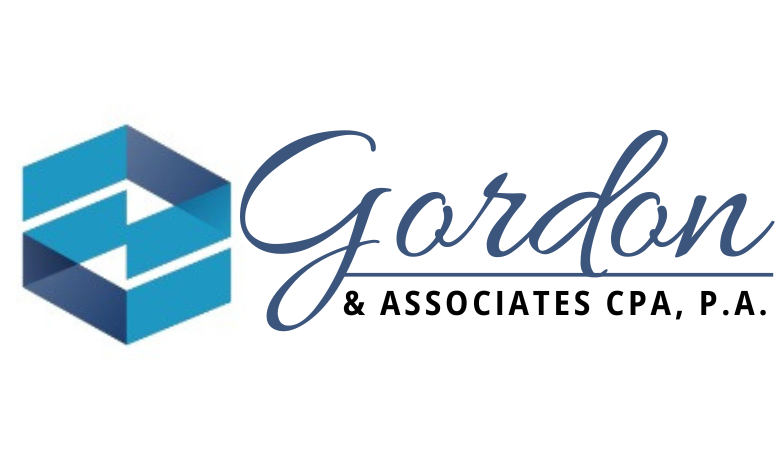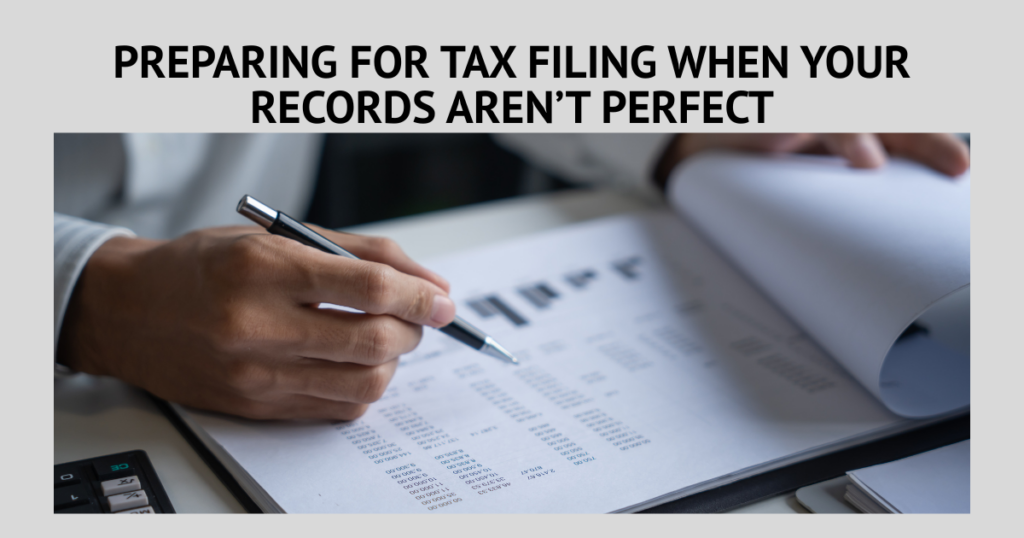Year-End Tax Planning Checklist for Businesses

As the year comes to a close, it’s essential for businesses to review their financials and take steps to minimize tax liabilities. This year-end tax planning checklist will guide you through the key tasks to ensure you’re fully prepared for tax season.
- Review Financial Statements: Analyze your income and expenses to identify opportunities for tax deductions. Ensure all transactions are properly recorded and reconciled.
- Maximize Deductions: Accelerate expenses, such as purchasing supplies or making charitable contributions, to reduce taxable income for the year.
- Defer Income: If possible, defer income to the next tax year to lower your current year’s tax liability.
- Check for Credits: Review eligibility for tax credits, such as the Research & Development (R&D) credit or energy efficiency credits.
- Review Payroll: Ensure all payroll taxes are paid and employee benefits are properly documented.
- Retirement Contributions: Maximize retirement plan contributions, such as to a SEP IRA or 401(k), to reduce taxable income.
- Consider Depreciation: Review your fixed asset schedule to ensure you’re taking advantage of depreciation deductions, including Section 179 or bonus depreciation.
- Plan for Estimated Taxes: Calculate and make any remaining estimated tax payments to avoid penalties.
Year-end tax planning is essential for minimizing your business’s tax liability and avoiding surprises during tax season. By following this checklist, you can ensure that your business is in the best possible position for the coming year.
Join our newsletter to receive our latest updates directly in your inbox.



